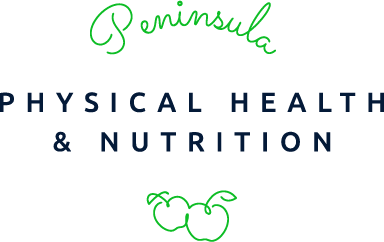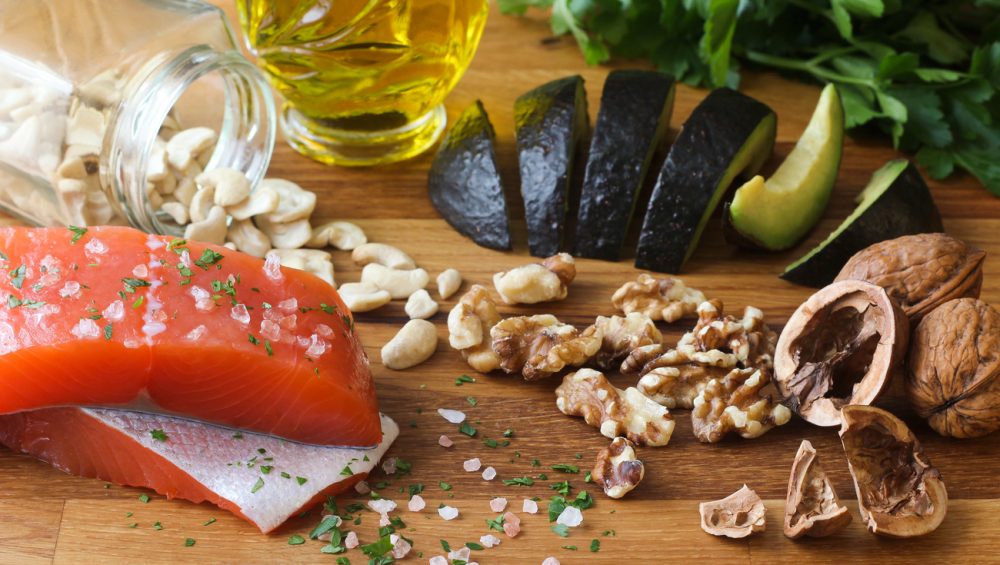Mediterranean-style diet when eating gluten free
There is increasing evidence emerging to suggest that the Mediterranean-style diet is the world’s healthiest. It is comprised mainly of plant foods with an emphasis on healthy fats, unsaturated rather than saturated, helping to prevent against heart disease. Really, it is the basics of healthy eating balanced out with some olive oil and red wine.
In fact, there is plenty of research to suggest that it is one of the most suitable diets for individuals with Coeliac disease or who is following a gluten free diet, as it is a great way to supply some of the nutrients lacking in a standard gluten-free diet.
Because grains play a large role in the Mediterranean diet, and many common grains contain gluten, it can be tricky to get this balance right. There are many grains that can be included in place of wheat, rye and barley containing grains, it’s just a matter of knowing what they are and how to cook them.
What does the Mediterranean Diet consist of?
- Consuming grains in the whole, unprocessed form. Some common gluten free grains include quinoa, buckwheat, millet, amaranth, corn, rice, sorghum and teff.
- Including nuts, legumes, lentils and beans is a good way to fill out meals and to replace the common grain with something equally as filling and tasty. These legumes also contain more protein than other common grains and are a good source of fibre.
- Use olive oil daily and limit use of butter and lard. It is high in monounsaturated fats and contains antioxidants, which proved protective properties assisting with improved cardiovascular health.
- Herbs and spices are used liberally to enhance the flavour in dishes, allowing for less salt to be needed for flavour.
- Cheese and yoghurt are eaten often providing a good source of calcium.
- Fish and shellfish are consumed regularly, providing a great source of Omega 3 fatty acids.
- Red meat is consumed less, in small portions, with white meat such as chicken being consumed more moderately as it has a lower fat content.
- Eggs are included regularly providing a good source of quality protein.
- Fruit is consumed in moderate amounts, while other higher sugar containing sweets and desserts are limited and consumed in small amounts.
- Wine, particularly red wine can be consumed in moderation – one drink for females and two for males per day, with water being the main fluid source, providing hydration.
- Portion and moderation are two of the key elements to the Mediterranean diet.
The evidence suggests that the Mediterranean diet can improve the nutritional status of individuals with Coeliac disease without increasing weight. It can also improve iron status and absorption through the increased consumption of legumes, lentils, spinach and chickpeas, especially when they are paired with Vitamin C containing capsicum and tomato.
Health Benefits of a Mediterranean diet:
- Reduces risk of heart disease, decreasing bad cholesterol, triglycerides and improved blood vessel health.
- Reduces risk of cancer and Parkinsons disease and Alzheimers disease.
How to include gluten free grains on a Mediterranean diet?
- Use quinoa in place of cous cous, mix with some roast vegetables and serve with some fish or use to make a tabbouleh
- Use gluten free wholegrain crackers as a base for hommus
- Use gluten free oats and top with nuts, seeds and fruit
- Use brown rice to mix through a salad
- Stuff capsicums or eggplants with millet and veggies
- Replace normal pasta with gluten free pasta
- Use tinned salmon or tuna to make fish cakes and use mashed potato to hold the mix together in place of flour or breadcrumbs
References:
-
M Barone, N Della Valle, R Rosania, et al. A comparison of the nutritional status between adult celiac patients on a long-term, strictly gluten-free diet and healthy subjects. Euro J Clin Nutr(2016) 70, 23–27.
-
G. Mancini et al. Systematic review of the Mediterranean diet for long-term weight loss. Am J Med (2016); 129(4): 407-415.
-
Sofi, R.Abbate, G. Franco Gensini, A. Cassini. Accruing evidence on benefits of adherence to the Mediterranean diet on health: an updated systematic review and meta-analysis. Am J Clin Nutr (2010); 92(5): 1189-1196.





